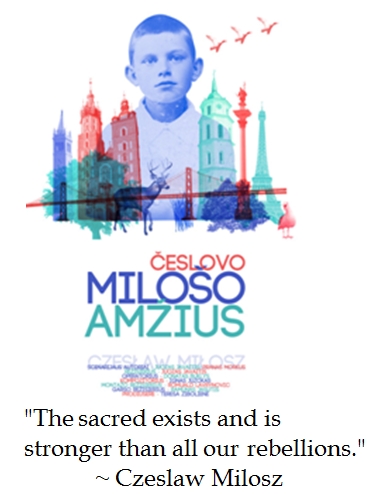
Through prayer and study, I’ve created a list of the elements of an
education that I think best starts children on this road. Divine union
comes through living a life of prayer and virtue. So, generally
speaking, we want to teach about prayer and virtue, model them, and
practice them
with our children. But we also want a home and a school environment that is conducive to prayer and virtuous living.
Prayer requires leisure
The Greek work
schole, from which “school” comes, means
“not-at-work time.” In classical society, school was a leisure activity,
a pursuit of wisdom that had little to do with the workaday world. The
truest education is free or liberal. It is not “useful” in a utilitarian
sense. It is not servile. It is learning about things that are valuable
in themselves, rather than means to obtain what we desire.
I wrote about
leisure’s importance several months ago. Besides the suggestions you can read in my previous post, teach your kids to have an attitude of
openness to learning and to God.
Humility is one of the most important virtues to cultivate. Teach them
to ask, seek, and knock. Show them that learning is a lifetime venture.
Only God has all the answers. Continue learning yourself, especially
about the faith. Model awe. Teach your children proper respect.
Try to bring these fundamental questions to each subject:
What is man? What is my purpose in life? Discuss them in math, science, literature, art–even physical education. Orient everything towards our highest good.
Contrary to the notion popular in our culture, leisure is not the
same thing as entertainment. True leisure never leaves us as spectators.
It requires us to participate with our minds, hearts, or bodies. True
leisure is time to think, to imagine, and to love. For kids especially,
that also means time to play.
Continue reading at Contemplative Homeschool.








